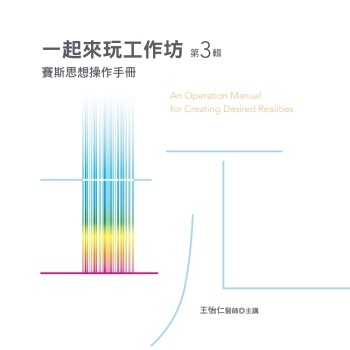The decisive influence of Friedrich Nietzsche on H.L. Mencken is readily acknowledged in the vast literature on the great American journalist and social critic. However, Mencken’s 1908 study of the philosopher has been relegated to footnote status by Mencken’s critics and biographers and has been largely ignored by Nietzsche scholars. There are good reasons for reversing this judgment. Mencken’s work was one of the first comprehensive and sympathetic treatments of Nietzsche’s thought in the English language. It is a provocative engagement with the German philosopher’s complex and elusive ideas, enhanced by a style that reverberates with a verve and dynamism approaching Nietzsche’s own.
Mencken presents a view of Nietzsche that elucidates the latter’s complex and contentious form of the "gospel of individualism" while evincing a keen appreciation of his unrivalled capacity for critical analysis. The historical scope of Nietzsche’s thought is fully evident in Mencken’s analysis as is its application to modern societies and politics. In tracing the biographical and intellectual impetus for Nietzsche’s relentless attacks on conventional moralities and established modes of thought, Mencken discerned both an ideal and a method for grappling with social and cultural issues that remain salient in our own time.












